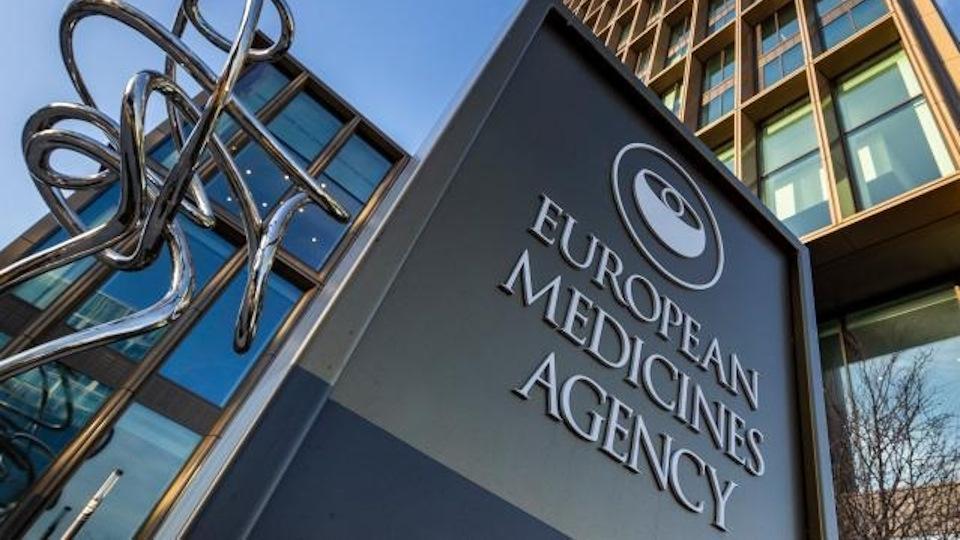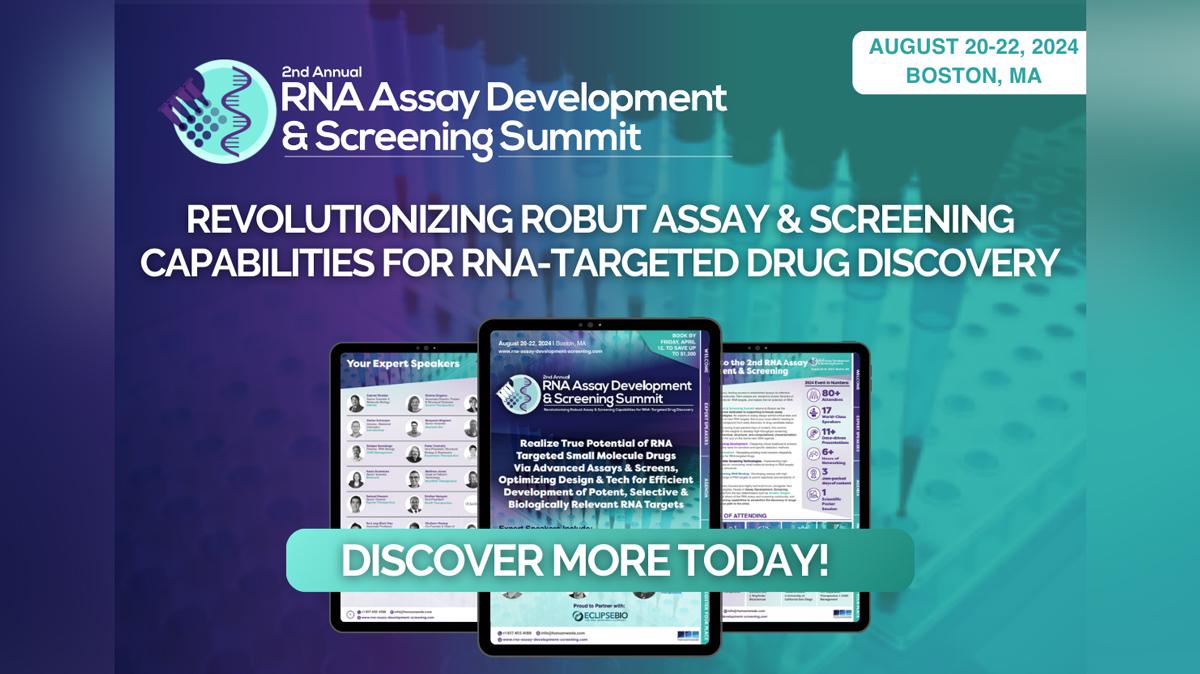Biogen tweaks confirmatory trial of Alzheimer's drug Aduhelm

Biogen and Eisai have expanded the size of the confirmatory trial of their Alzheimer's drug Aduhelm in order to "strengthen the data" for the drug.
The decision comes as the Centre for Medicare and Medicaid Services (CMS) is finalising its decision on reimbursement of Aduhelm (aducanumab) which – for the time being– would restrict cover of the drug to patients enrolled in clinical trials.
If the current draft decision remains unchanged, it would slam the brakes on take-up of Aduhelm via federal healthcare schemes, and it's quite possible private insurers could follow the CMS' lead as well.
Given the restriction to participants in randomised clinical trials, Biogen and Eisai's decision to expand the size of ENVISION by 200 subjects to 1,500 might be seen as a way to boost near-term revenues for Aduhelm as they try to convert the FDA's conditional okay for the drug to a full approval.
However, a spokesperson for the company told Pharmaphorum that it is too soon to speculate how ENVISION might fit into the 'coverage with evidence development' (CED) approach adopted by the CMS in its draft.
He also said that there is no cost to the patient and no revenue for Biogen from the trial. Biogen and Eisai are emphasising other reasons for the expansion of the study, which is due to read out in four years time, including increasing the diversity of subjects with a target of 18% black/African American and Latinx populations.
"This goal matches the diversity among Americans diagnosed with early Alzheimer's disease, while at the same time, the trial will generate substantial data to verify the effectiveness of Aduhelm," said Biogen's head of global safety and regulatory sciences Priya Singhal, who is acting head of R&D following the departure of Al Sandrock.
Subjects in the trial will also have to have evidence of amyloid plaques at enrolment as well as mild cognitive impairment (MCI) due to Alzheimer's disease or mild Alzheimer's disease, something that was required in the CMS' initial decision but not the approved FDA labelling for Aduhelm.
Another change means that the primary endpoint for the trial will be the Clinical Dementia Rating–Sum of Boxes (CDR-SB) at 18 months after treatment starts with the drug – the same endpoint that was used in Biogen and Eisai's two phase 3 trials – EMERGE and ENGAGE – which generated mixed results.
Referring to the CMS draft, Biogen said that it is "committed to engaging with CMS to avoid unnecessary duplication of clinical trials and work towards finding a path to offer immediate access to patients to the first FDA approved treatment for Alzheimer's disease since 2003."
The CMS' decision to restrict the drug came despite Biogen slashing the cost of Aduhelm in half to $28,200 a year, acknowledging that it had made a mistake in its initial pricing level. A final decision by the agency is expected by 12 April.
ENVISION is due to get underway in May. Meanwhile, Biogen and Eisai are also running a real-world study called ICARE AD that aims to provide information on the long-term effectiveness and safety of Aduhelm as used in clinical practice in around 6,000 patients.













